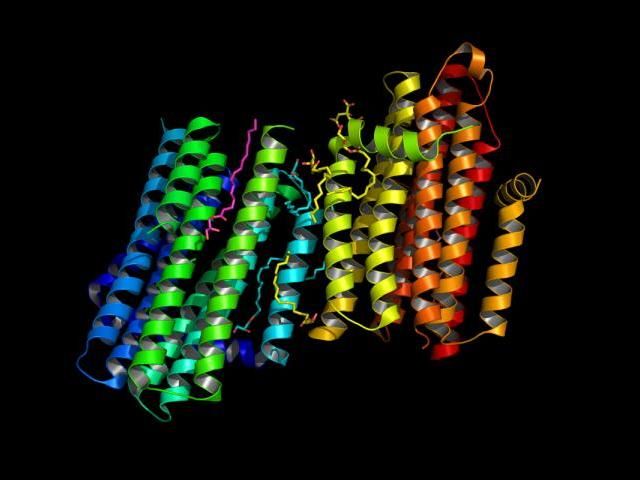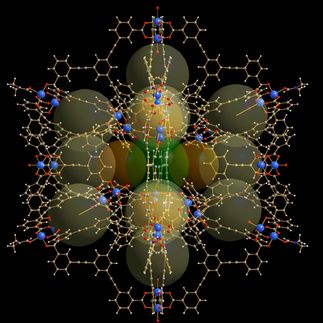Bentley Pharmaceuticals and the University of New Hampshire Announce Advances in Nanotechnology Research Program
Bentley Pharmaceuticals, Inc., a technology-based specialty pharmaceutical and drug delivery company with a growing branded and generic product line in Europe, and The University of New Hampshire ("UNH") announced the discovery and synthesis of a thermodynamically stable, biodegradable NanocapletTM technology for the delivery of macromolecule therapeutics.
Biodegradable nanovesicles, or nanocapsules, have been synthesized that have been demonstrated to encapsulate and deliver insulin, as a model peptide, through the intestinal mucosa, delivering the agent systemically to test animals and successfully reducing glucose levels. Insulin, as are many other peptides, is stability-sensitive yet was delivered intact. This proprietary Nanocaplet technology, which represents a significant advancement in drug delivery technology, was conducted as part of Bentley's four-year sponsored research program with the University of New Hampshire Nanostructured Polymers Research Center.
Dr. Jérôme Claverie, research associate professor in materials science at UNH and the principal investigator and co-inventor of the technology, explained: "The invention differs from other published nanoparticle delivery systems in that 1) vesicles are hollow, with sizes that are controllable in the nanoscale range, even below 100 nanometers, 2) the building blocks are comprised of biodegradable segments, 3) the payloads are protected and do not measurably leak out, as is the case with liposomes, and 4) the technology is not drug sensitive, so that potentially a vast range of macromolecules, including oligonucleotides and proteins, can be delivered. The nanocapsules have also been successfully tagged by simple chemistry, indicating that ligands targeted to specific areas can be affixed to the outside of the nanocapsules and delivered parenterally. In theory, this may allow, for example, the blood brain barrier to be crossed and carry large molecules such as antisense RNA or other therapeutic technologies to areas or specific cells of the brain. Nanocaplets may be prepared sterile and/or freeze-dried, and appear to be cost-effective to manufacture."
Bentley has the exclusive commercial rights to develop this technology, which it plans to use to supplement Bentley's capabilities in microgranulation and microencapsulation. A Nanocaplet spheroid has a typical diameter of 100 nanometers; this is about 1/600th of the diameter of a human hair, and therefore invisible to the naked eye or even the light microscope. This small size allows uptake via biochemical pathways unavailable to larger diameter particles. The Nanocaplets have been successfully observed and measured utilizing atomic force microscopy and electron beam microscopic techniques.
Topics
Organizations
Other news from the department research and development

Get the life science industry in your inbox
By submitting this form you agree that LUMITOS AG will send you the newsletter(s) selected above by email. Your data will not be passed on to third parties. Your data will be stored and processed in accordance with our data protection regulations. LUMITOS may contact you by email for the purpose of advertising or market and opinion surveys. You can revoke your consent at any time without giving reasons to LUMITOS AG, Ernst-Augustin-Str. 2, 12489 Berlin, Germany or by e-mail at revoke@lumitos.com with effect for the future. In addition, each email contains a link to unsubscribe from the corresponding newsletter.
Most read news
More news from our other portals
Last viewed contents

New technology provides insight into the development of immune cells - Barcode system enables researchers to follow which development path the cells take at the same time as identifying which genes are actively transcribed as messenger RNAs
Entomological Society of America - Annapolis, USA
Models begin to unravel how single DNA strands combine

When mothers shut down the fathers’ genes in the embryo - “With our work, we were able to highlight a unique aspect of biology, a slice of nature’s broad diversity”





















































